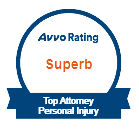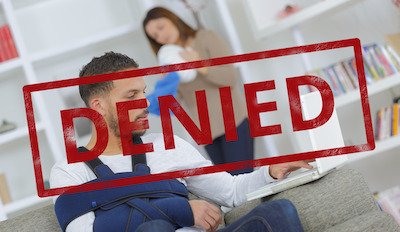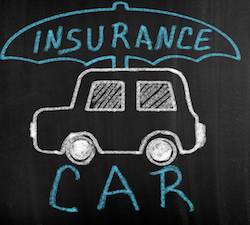The third benefit that your automobile insurance policy can provide is medical expense coverage up to $250,000.
- Medical expense benefits are part of personal injury protection or no fault coverage. This coverage will pay for medical expenses for you and your family if you are injured while occupying an automobile or if you are struck by an automobile.
- Unless you choose a higher deductible, the policy will provide a $250 deductible and a 20% co-pay up to the first $5,000 of medical bills. The $250 deductible and 20% co-pay will total $1,200. After the $1,200 is reached, the insurance company will pay all reasonable and necessary medical expenses related to the injuries sustained up to $250,000.
- The law also provides that for a reduced premium you can choose lower limits of coverage such as $15,000, $50,000, $75,000 or $150,000. These limits are not recommended since if you are in a serious accident, medical expenses can often climb far in excess of the lower coverage limits.
- Personal injury protection benefits are payable regardless of fault. That means that the benefits are available whether your injuries are caused by the negligence of someone else or by your own negligent conduct.
- It is also important to note that even if someone else is at fault, the law currently provides that if the person at fault is the driver of a private passenger automobile and your medicals exceed the coverage you have purchased, you cannot recover the additional medical expenses against the person who caused the accident. In addition, you cannot recover your deductible and co-pay against the driver of a private passenger automobile. In order to protect yourself and your family, and to be able to receive the medical benefits you may need in a serious automobile accident, we strongly recommend that you purchase the $250,000 PIP coverage. It is the best medical coverage you can buy. We also recommend the minimum $250 deductible and 20% copay.
- Your auto policy can also provide Income Continuation Benefits, which will compensate you while you are out of work. The basic policy provides $100 a week for 52 weeks. However, additional options can be purchased and you should consult your insurance agent or insurance company for those available options.
- In New Jersey, if you are entitled to State Temporary Disability Benefits (known as TDB), then State Disability will pay you before you receive your Income Continuation Benefits. TDB will typically compensate you up to 26 weeks as long as you remain disabled. If you have chosen an Income Continuation Benefit, which is higher than what you would get from TDB and TDB does not fully compensate you for your wage, you may be able to recover TDB and Income Continuation Benefits at the same time so that you are fully compensated. On the other hand, if you have the basic policy, then the $100 per week will start to pay after the 26 weeks of TDB have been paid provided a doctor says that you are still disabled.
- As a general rule, if you meet employment eligibility requirements, TDB pays a weekly benefit amount of 2/3 of your salary for a maximum of 26 weeks with maximum weekly benefit rate is $615. Because of this, you should closely review your policy’s Income Continuation Benefits options in light of your employment history. You can find more information concerning TDB and download NJTDB forms at http://lwd.dol.state.nj.us/labor/tdi/tdiindex.html
- Your policy may also provide you with essential services benefits of up to $12 a day which is coverage to reimburse you for a service you have to pay for which you would normally do but for your injuries.
- You should also be aware that automobile policies now also allow you to choose health insurance primary over your no fault benefits. Although this may save you money, this is not recommended. Many health insurance policies have the right to assert a lien against your settlement if they make payment of medical benefits on your behalf as a result of an accident. In addition health insurance policies can vary drastically in terms of deductibles, co-pays, and benefits.
- You should also know that after the first 11 days following an accident, most of your treatment will need to be pre-certified. Your medical provider will be familiar with the pre-certification process. If your insurance carrier denies pre-certification, an attorney can file a claim against your insurance company to fight for your benefits.
If you or a loved one have been injured in an automobile accident please contact Petro Cohen, P.C. for assistance.

















